VIJAY PRASHAD examines why in 2018 Washington started to take an increasingly belligerent stance towards ‘near peer rivals’ – Russa and China – with far-reaching geopolitical effects
Our legacy for those who died at work is how we now fight for the living
Putting our faith in this or that political leader is no strategy at all: in the face of poverty wages now and workers’ lives being put on the line during Covid, our only option is directly organising for class power ourselves, writes SHARON GRAHAM

WHEN my great uncle died at work in the mines in 1933, he left behind three children and a family to feed.
The employer paid out a paltry sum and that was that.
But for those left behind, the failure of the boss to provide the most basic safety standards had a devastating impact that haunted our family for years to come.
More from this author
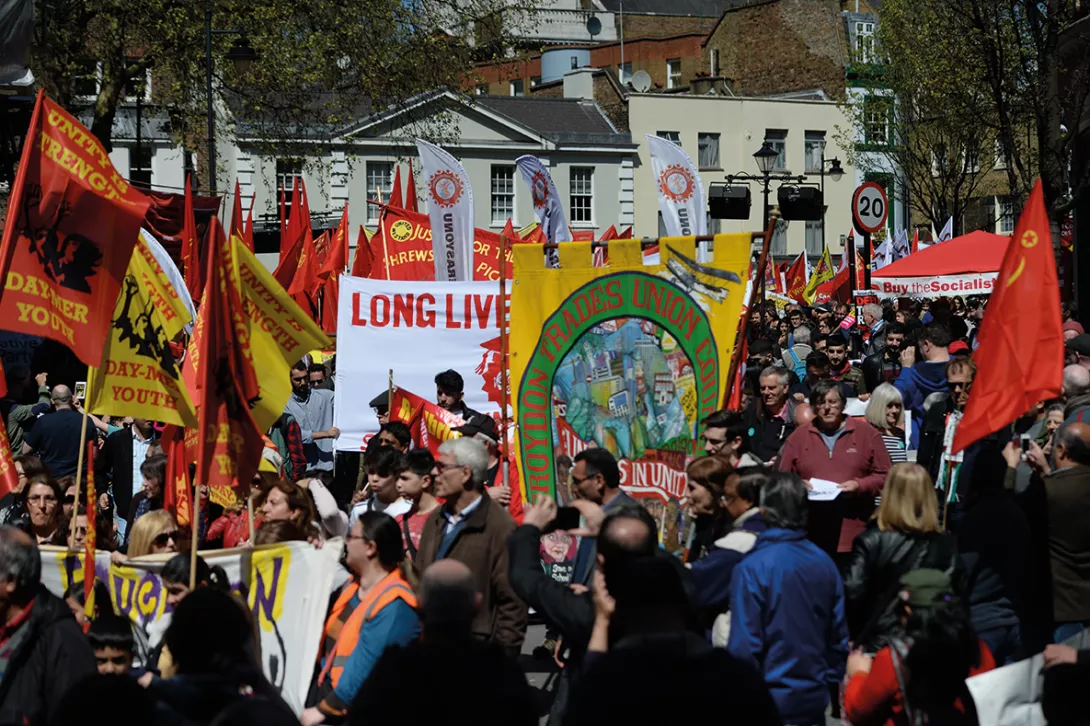
Unite general secretary SHARON GRAHAM says we should be wary of politicians talking of 'growth' when its rewards are all diverted to the pockets of the rich
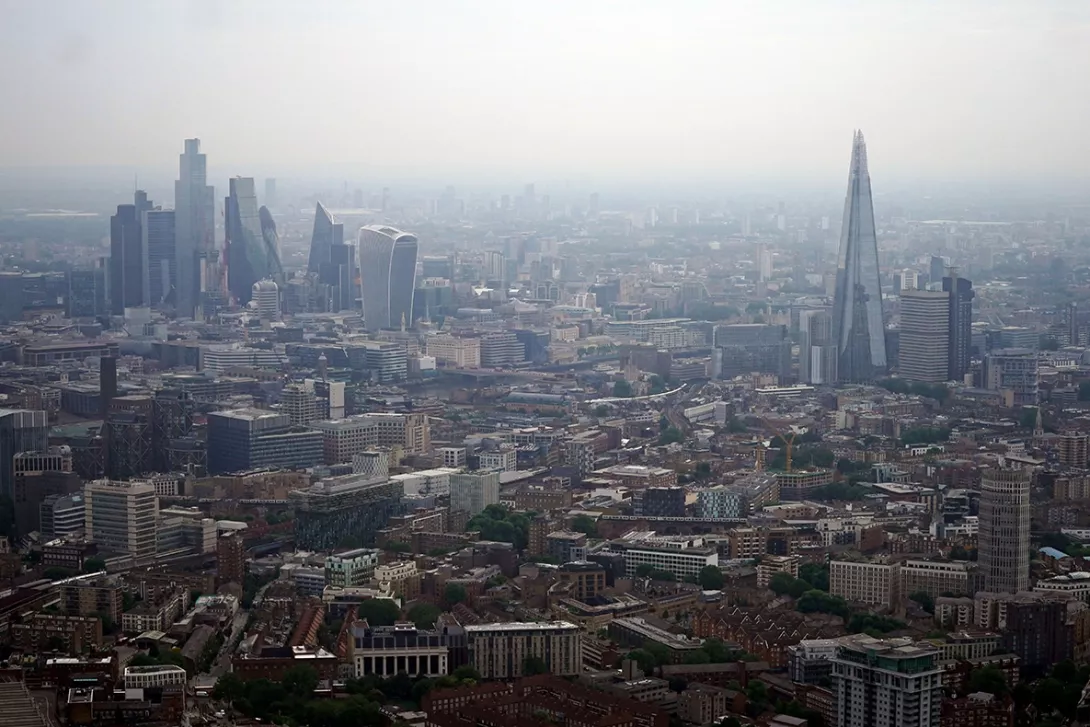
Once again workers are being forced to pay for a crisis not of their own making – but when our movement works together we can take on the unscrupulous employers, argues Unite leader SHARON GRAHAM
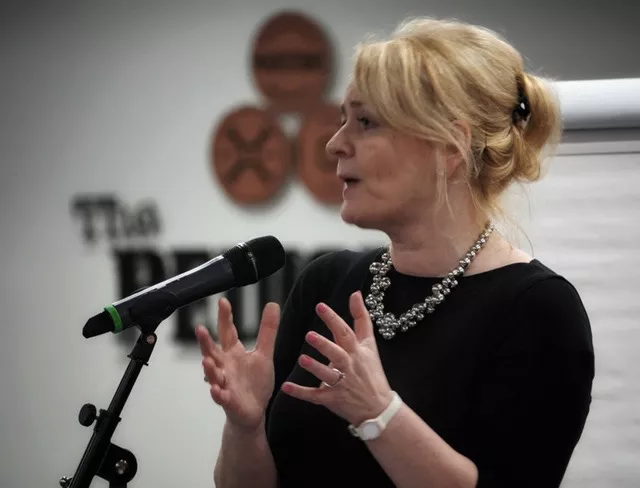
The Morning Star publishes an exclusive preview of new Unite leader SHARON GRAHAM'S address to the TUC Congress tomorrow
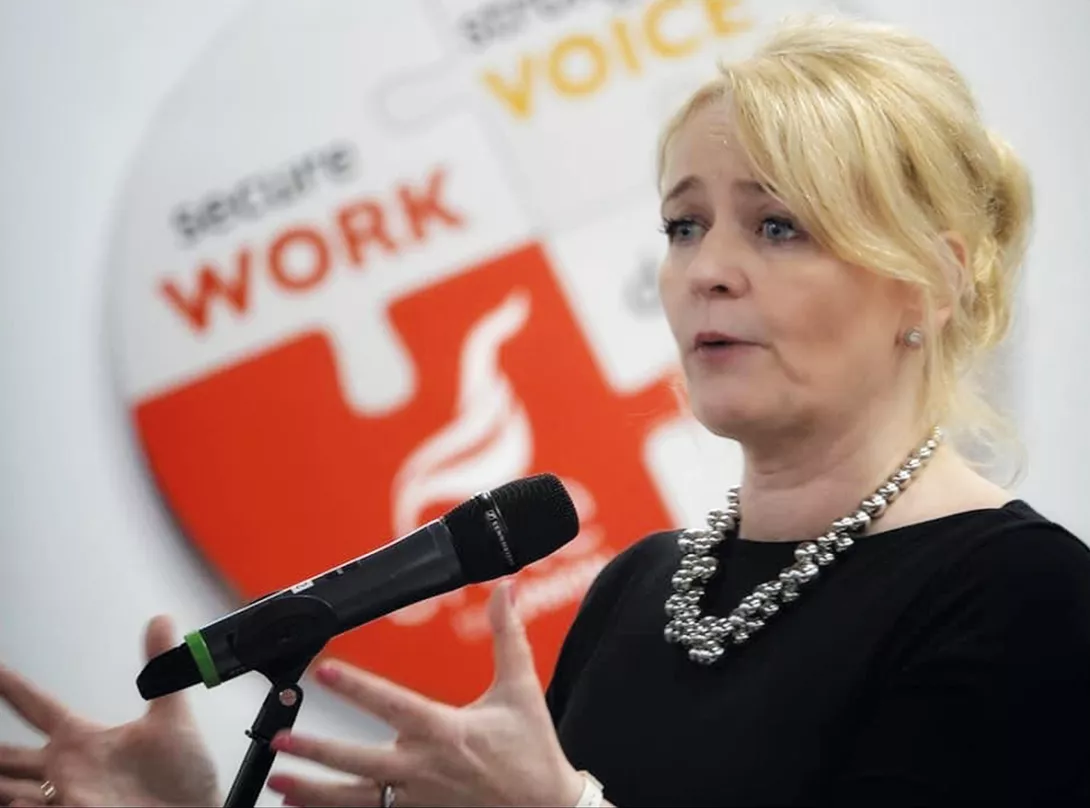
If elected general secretary of Unite, I will lead a union that focuses on the shop floor not Westminster and build up membership by delivering on jobs, pay and conditions
Similar stories
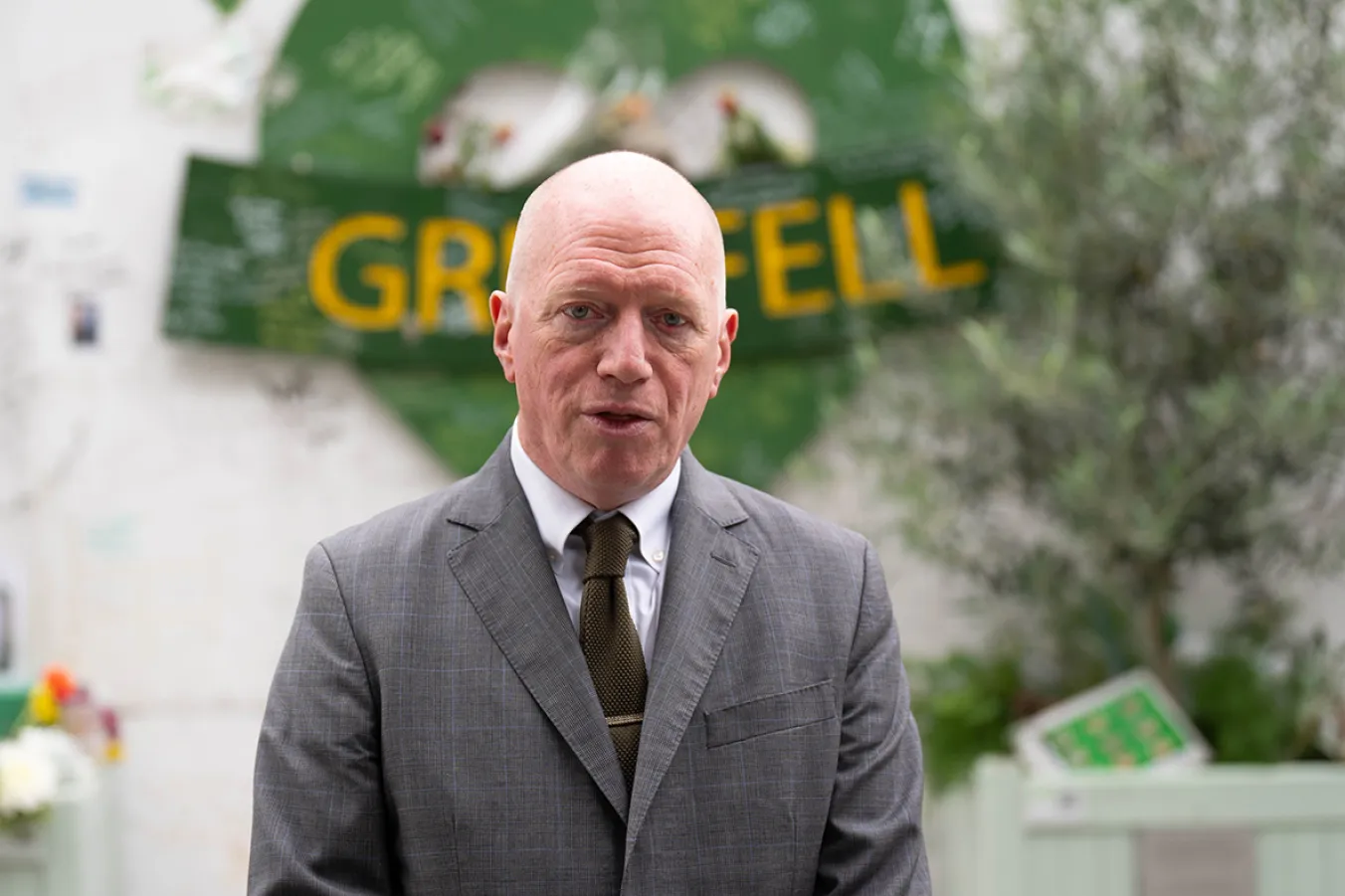
MATT WRACK outlines the FBU’s motion to the Labour Party conference, urging an overhaul of safety regulations, an end to privatisation, and preparation for the extreme weather events threatening public safety

Speaking to Elizabeth Short, SARAH WOOLLEY explains her union’s push for anonymous harassment reporting, an end to NDAs that protect abusive managers in food giants like McDonald’s — and why climate change is a baker’s issue

JOHNNIE HUNTER introduces the 12 priorities which will be taken to voters across the country by Communist Party candidates running in July’s general election

The outrageous minimum service levels legislation has been brought in to break the growing momentum of our movement — but these attacks won’t work, writes PCS general secretary FRAN HEATHCOTE









